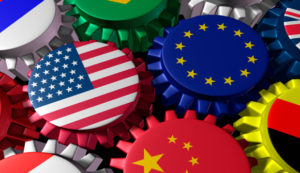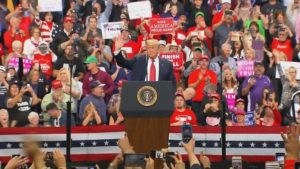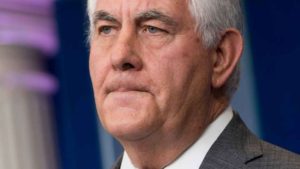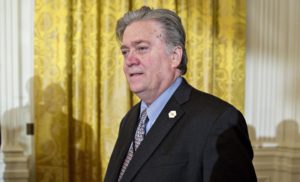Donald J. Trump and his moronic MAGA followers decided about a decade agp to declare war on that thing they refer to these days as “globalism.”
They have all said they intend to “put America first,” even if that philosophy destroys our most successful international alliances. They are on track to destroy those alliances built on international fears of tyrants seeking to conquer the world.
Donald Trump came along nearly a decade ago to declare his presidential candidacy. He vowed to “make America great again,” believing foolishly that American somehow had surrendered its greatness. It never did. The country has remained great even during its most difficult crises.
Much of America’s greatness rested in its wilingness to become the leading nation in the global community of nations. Presidents of the United States assumed the unspecified role as leader of the free world. They did so with pride in the nation’s standing internationally.
Globalism, it was long thought, was a good thing. The world has “shrunk” in a figurative way with nations depending on each other for commerce, military aid and cultural exchanges. Globalism, therefore, was not considered a four-letter word.
That is, until Trump came along.
These days we hear from the MAGA minions that globalism lies at the core of perceived difficulties. Many of those so-called difficulties were figmants of political strategists’ imagination. Trump inherited the strongest economy in generations, yet he managed to persuade enough voters in 2024 that their retirement accounts were going straight into the crapper.
Well, many retirees are feeling pain now … but it’s caused by Trump’s tariffs and the uncertainty they bring.
Globalism is not the bogeyman the MAGA gang has made it out to be. It has helped keep us safe, it has generated trade and it has helped Americans keep the jobs they now are losing.






